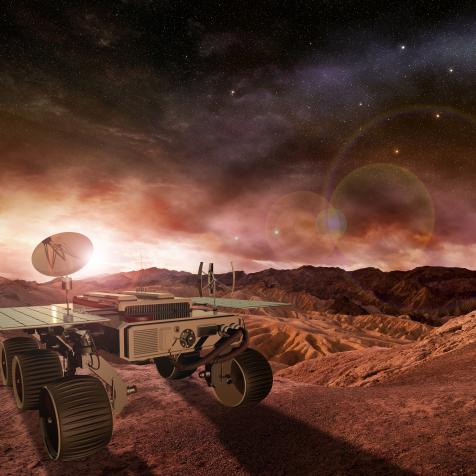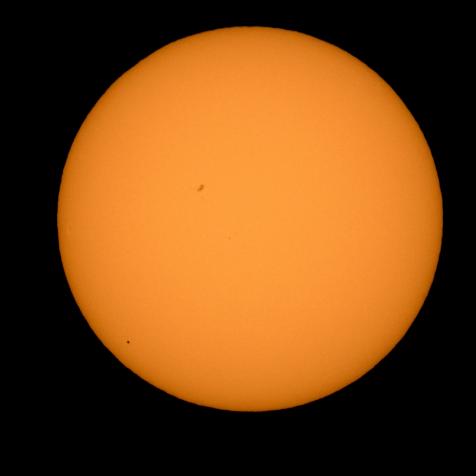
NASA/JPL
Mars is Getting International

Things are getting a little crowded at the red planet.
Throughout the past six decades, space agencies around the world have been attempting to visit Mars. A total of 49 missions, including flybys, orbiters, landers, and even rovers have struggled to make the interplanetary journey to our neighbor. Many have been unsuccessful–it is a perilous 125-million-mile journey, after all. But ever since 1965’s Mariner 4 successful flyby of Mars, we’ve been able to closely study that enigmatic world.
At the close of 2020, Mars was by far the most actively studied world. Active operations on and around Mars include NASA’s Mars Odyssey, Mars Reconnaissance, and MAVEN orbiters, the ESA’s Mars Express orbiter, NASA’s Curiosity rover and InSight lander, and the Indian Space Agency’s Mars Orbiter Mission.
NASA and Mars Exploration
See All PhotosAll those active missions are getting three new companions this year, with two entries from newcomers to the Martian scene.
Martian Worldwide
The Chinese Space Agency successfully sent over the Tianwen-1 mission, which is currently in orbit around Mars. That orbiter has a lander and rover attached to it, which they plan to send to the surface in May.
The United Arab Emirates sent their first interplanetary mission, the Hope spacecraft, into orbit around Mars in early February.
NASA also got another craft on Mars, with the landing of the Perseverance rover (with a bonus experimental helicopter onboard).
All these orbiters, landers, and rovers are scattered around the surface of the red planet and in various orbits around it, all working together to unearth the secrets of the Martian past. A past that we know once included vast oceans of liquid water and a temperate climate. A past that, billions of years ago, may have been a twin home to life.
More About Perseverance
The Future on Mars
But Mars isn’t just about the past, it’s also about the future. Humans have been dreaming of traveling to Mars ever since we could envision space travel. Martian visits and Martian colonies are a staple of our science fiction. It seems almost inevitable that the future of humanity will include some sort of presence–whether a remote outpost or full-fledged city–on Martian soil.
For now, though, a crewed mission to Mars is just barely more realistic than a pure fantasy. Until we develop the required technology (and learn how to survive the months-long journey), we’ll have to settle for robotic, remote-controlled missions. And the more space agencies playing the game, the better. No single nation has the resources to completely map, study, and survey Mars. So far, every mission to Mars, though operated by a solo agency, is in a spirit of cooperation and joint discovery.
Mars holds more than enough mysteries to satisfy curiosity-seekers from every nation (and more than enough land to satisfy colonization, should it come to that). We don’t know what we’ll find every time we dig into that red dirt, but there’s a reason that Mars has been an object of dreams and fantasies for so long.

















































































